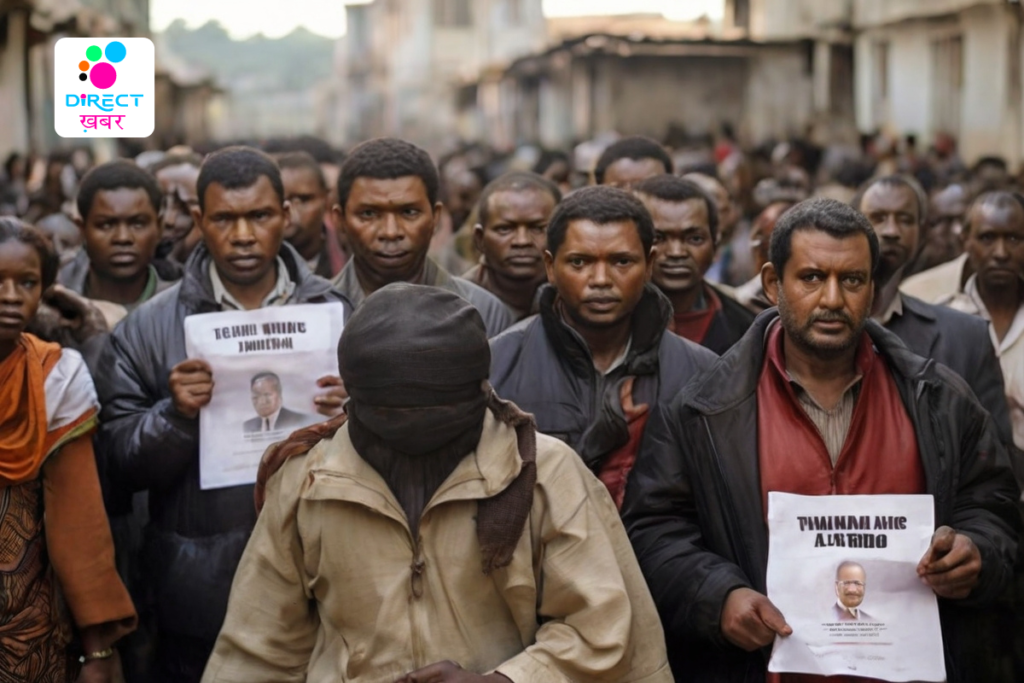Corruption Fighters: Unsung Heroes in the Battle Against Corruption
Corruption is a pervasive and insidious problem that undermines the fabric of society, siphoning resources away from those in need and perpetuating inequality.
While corruption often makes headlines when high-profile cases come to light, the tireless efforts of countless heroes individuals working behind the scenes to combat corruption often go unnoticed.
These individuals, often referred to as corruption fighters, dedicate their lives to uncovering wrongdoing, holding perpetrators accountable, and advocating for transparency and integrity in governance.
In this article, we shine a spotlight on these unsung heroes, exploring their motivations, challenges, and the impact of their work in the ongoing battle against corruption.
The Role of Corruption Fighters:
Corruption fighters heroes come from diverse backgrounds and professions, including journalists, activists, lawyers, whistleblowers, and law enforcement officials.
Despite their differences, they share a common goal: to expose corruption and promote accountability. Journalists play a crucial role in uncovering corruption through investigative reporting, often risking their safety to shine a light on wrongdoing.
Activists mobilize heroes and their communities to demand transparency and accountability from their leaders, while lawyers and whistleblowers use legal channels to expose corruption and seek justice. Law enforcement officials investigate and prosecute corrupt individuals, often facing significant challenges and risks in the process.
Motivations and Challenges:
The motivations driving corruption fighters vary, but many are driven by a deep commitment to justice, integrity, and the well-being of their communities.
For some, personal experiences of corruption or injustice fuel their determination to fight back. Others are inspired by a sense of duty to uphold the rule of law and protect the public interest. Despite their noble intentions, corruption fighters face numerous challenges in their work.
They may encounter threats, intimidation, and harassment from powerful individuals or entities seeking to silence them. Legal and institutional barriers can impede their efforts to hold corrupt actors accountable, while limited resources and support may hinder their ability to pursue their work effectively.

Case Studies:
To illustrate the diverse strategies and impacts of corruption fighters heroes, we examine several case studies from around the world. In Brazil, Operation Car Wash, a massive anti-corruption investigation, led to the prosecution of high-ranking officials and business leaders involved in bribery and money laundering schemes.
The courageous efforts of prosecutors and judges, supported by widespread public outcry, resulted in significant accountability for corruption at the highest levels of government and business.
In Ukraine, the Euromaidan protests of 2014 galvanized public demand for an end to corruption and authoritarianism, leading to the ousting of President Viktor Yanukovych and the establishment of a new government committed to anti-corruption reforms.
In the Philippines, journalist Maria Ressa has faced relentless harassment and legal threats for her fearless reporting on President Rodrigo Duterte’s brutal war on drugs and his administration’s abuses of power. Despite the risks, Ressa continues to speak truth to power, exposing corruption and defending press freedom in the face of mounting attacks on independent media.
These case studies demonstrate the vital role that corruption fighters play in holding corrupt leaders and institutions accountable, even in the face of significant risks and challenges.
Impact and Legacy:
The impact of corruption fighters’ heroes work extends far beyond individual cases or prosecutions. By uncovering corruption and raising public awareness, they help to create a culture of transparency and accountability that can deter future wrongdoing.
Their efforts contribute to the strengthening of democratic institutions, the promotion of the rule of law, and the protection of human rights. In some cases, corruption fighters’ advocacy and activism have led to sweeping reforms and systemic changes that address the root causes of corruption, such as weak governance structures, impunity, and lack of transparency.
Corruption fighters are the unsung heroes in the battle against corruption, working tirelessly to expose wrongdoing, hold perpetrators accountable, and promote transparency and integrity in governance. Despite the risks and challenges they face, their courage, determination, and resilience inspire hope and catalyze change.
As we celebrate their contributions, we must also recognize the importance of supporting and protecting corruption fighters, ensuring that they have the resources, legal protections, and societal backing they need to continue their vital work. Only by standing together in solidarity against corruption can we build a more just, equitable, and accountable world for future generations.






